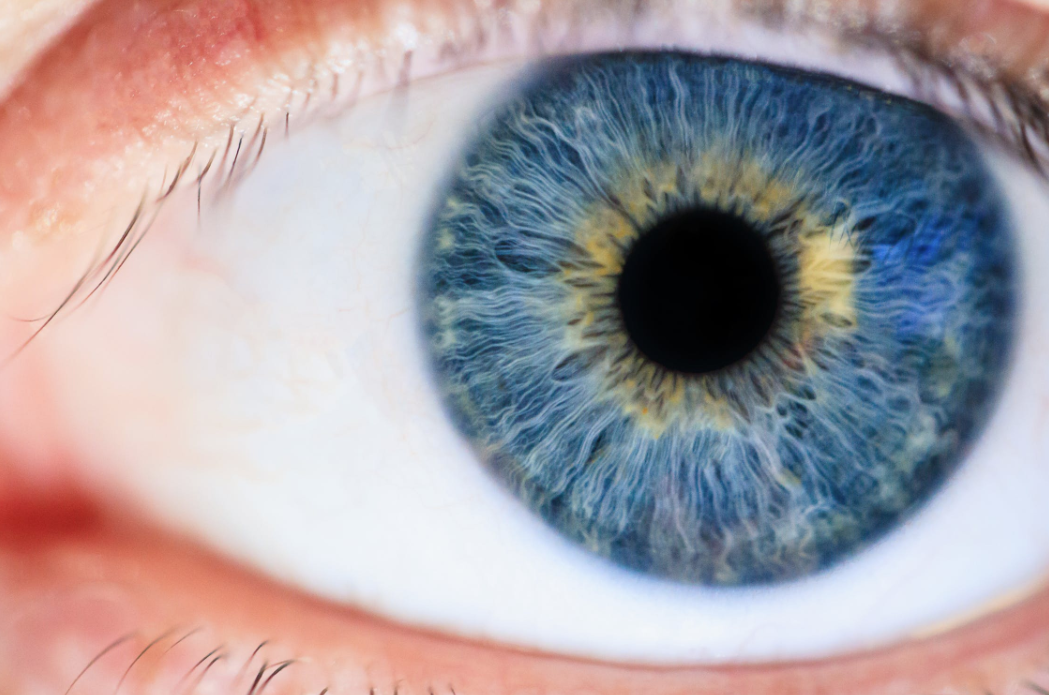
Most of us struggle with occasional eye problems that are controllable with proper hygiene or over-the-counter treatments from the pharmacy. Dry eye, itchy eyes, or watery eyes are common occurrences and typically associated with aging, certain medications, allergies, or upper respiratory infections. We sometimes ignore infrequent or slight symptoms, but occasionally we experience significant discomfort that requires more extensive treatment. Here are some things you can do to maintain good eye health.
Avoid Damaging Exposure
Small particles can fly into your face without your noticing and damage your eyes with small abrasions. To avoid eye damage due to stray fragments, stay out of windstorms that blow sand and grit through the air, especially around construction sites or sandy terrain. Don’t overexposure your eyes to sunlight as too much may be harmful. If you are allergic to outdoor pollen, stay indoors during the early mornings when pollen counts are often highest. Avoid temperature extremes that may have an adverse effect on your eyes.
Wear Protective Gear
Despite the many dangers, we often forget or ignore eye protection equipment. On a regular basis, many of us do not wear sunglasses when we should, or we wear the wrong kind that does not fully protect our eyes. The wraparound style with high levels of UV protection are safest in sunny outdoor areas or when pollen counts are high. While working indoors in a dusty environment or where someone is painting a room, wear goggles or other protective eyewear.
Practice Effective Hygiene
Avoid touching your eyes with unwashed hands, which can spread particles or germs to your eyes. Remove cosmetics after daily use. If you have itchy eyes or blepharitis, a dandruff-like buildup of dead skin cells within the eyelashes, use a drop or two of mild baby shampoo on a damp washcloth to gently clean your eyelids twice a day. If the problem is serious, ask the doctor to prescribe a medication, like a temporary steroid application, to get the problem under control.
Be Careful of Screens
Screens use high-energy blue light that strains our eyes. However, these days, it’s difficult to get by without staring at screens for a large portion of each day. Using your computer at work, watching TV in the evenings, and checking your phone all day long means that you may be looking at a screen for upwards of twelve hours every day. Because of this, you may notice your eyes becoming dry or itch or that your vision is blurrier. You may also experience headaches and trouble focusing your vision when looking at things further away. While you probably can’t stop looking at all screens, there are some ways to protect your eye health. Blink more often and avoid glare from lights and windows. Also be sure to rest your eyes every twenty minutes by looking at something twenty feet away for twenty seconds. If problems persist, talk to your optometrist about an updated eye prescription.
Schedule an Ophthalmology Exam
If you have noticed any unusual symptoms with your eyes, or if you want to be sure your symptoms do not represent a serious condition, make an appointment with an ophthalmologist for a comprehensive exam and diagnosis. The doctor will run a series of tests to check for a variety of possible conditions. Your eyes may be dilated to allow the specialist a better look inside your eyeballs to see what his going on there. Treatments and medications will be accordingly prescribed.
Vision is an extremely valuable asset, so don’t leave your eye health to chance. Be aware of any symptoms you exhibit, such as dry or itchy eyes or build up around your eyes. Take the proper steps to enjoy clear sight and eye health for a lifetime.
Emma Sturgis
Recent Posts
- Castor Oil For Better Hair Growth: Is It Myth Or Fact?
- Exploring the Differences Between Sermorelin, Ipamorelin, Ibutamoren, GHRP2, and GHRP6: Understanding Their Role in Human Growth Hormone Regulation
- Unraveling the Mystery: Understanding the Causes and Prognosis of Ventricular Tachycardia Without Apparent Heart Disease
- Understanding Grandparents’ Rights in Oklahoma: Navigating Visitation and Legal Protections
- 10 Reasons to Consider Hypnotherapy for Your Health

